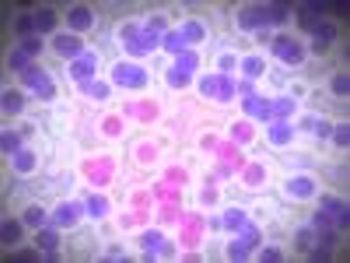
CTL019 is a chimeric antigen receptor T cell therapy.


CTL019 is a chimeric antigen receptor T cell therapy.
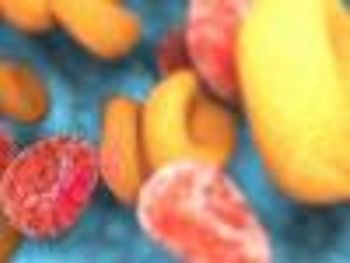
Two KEYNOTE trials were placed on full clinical hold and 1 partial clinical hold.

Prembrolizumab (Keytruda) combination observed to have a high mortality rate.
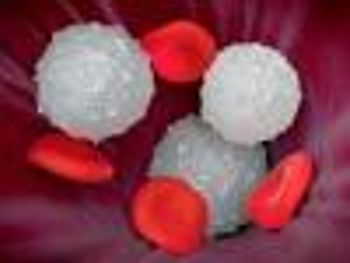
Sandoz has the highest number of biosimilars approved in Europe.

CTL019 is an investigational chimeric antigen receptor T cell therapy.
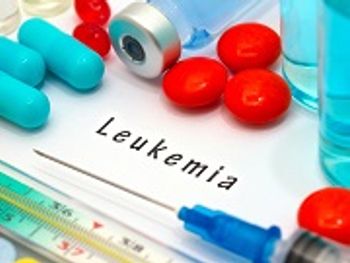
Nilotinib (Tasigna) may lead to treatment-free remission among certain patients with chronic myeloid leukemia.

Data suggests favorable tolerability of novel treatment in patients with relapsed or refractory AML.

Top articles of the week from The American Journal of Pharmacy Benefits.

The approval is based on multiple clinical trials, and provides patients with a subcutaneous option for rituximab that shortens the treatment time to 5 to 7 minutes compared with intravenous infusion.

The cost of squamous cell cancer of the head and neck is driven primarily by the end-of-life phase. Treatment costs increased following the approval of cetuximab.

When making coverage decisions in oncology, payers find difficulties in translating evidence on treatment effect heterogeneity into coverage policies.

Alectinib found to reduce the risk of disease progression or death by more than 50% in patients with anaplastic lymphoma kinase-positive non-small cell lung cancer.
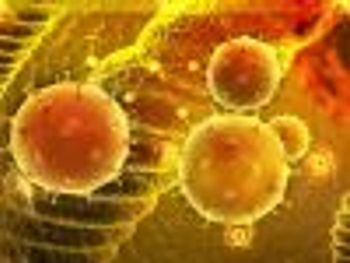
CAR T-cell therapy shows significant progress towards a cure for multiple myeloma.

Advances in treatment and care improved the 5-year survival rate after diagnosis by 26%.

Ibrutinib (Imbruvica) may extend survival for patients with leukemia.
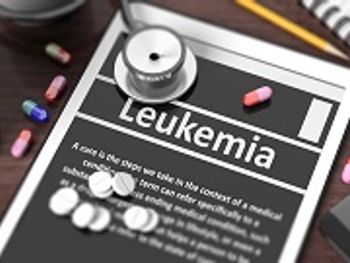
Ibrutinib (Imbruvica) may extend survival for patients with leukemia.

Top news of the week in oncology and cancer drug development.

An investigational device can detect and regulate drug levels in the blood.
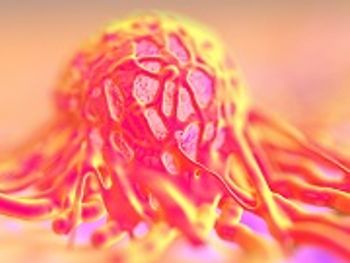
Nanoparticle vaccines can travel directly to the lymph nodes to activate tumor-specific immune responses.

Imatinib found to reduce measures of airway inflammation in severe asthma.
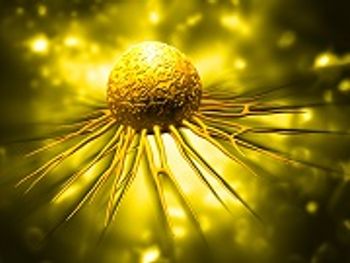
Top articles of the week from The American Journal of Pharmacy Benefits.

Top news of the week in oncology and cancer drug development.

Breast cancer incidence has climbed among Asian Americans, while diagnosis rates among other groups have trended downward.
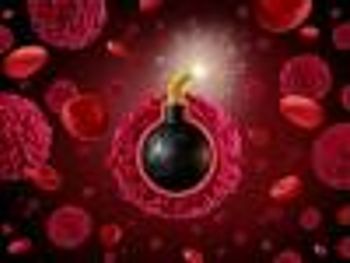
Top news of the week in oncology and cancer drug development.

Oral cancer treatments provide new opportunities for improved overall survival rates, but patients are increasingly responsible for higher out-of-pocket costs as they self-manage their therapy.